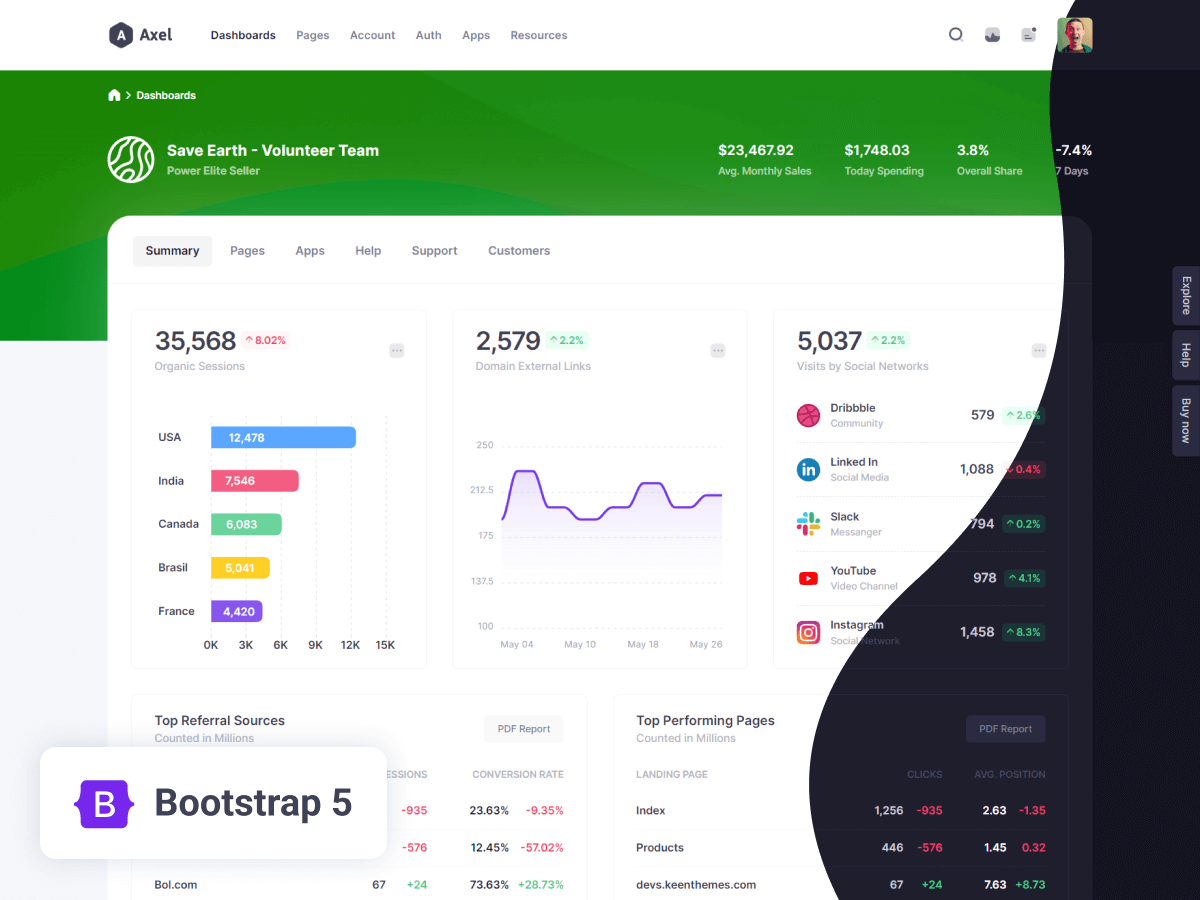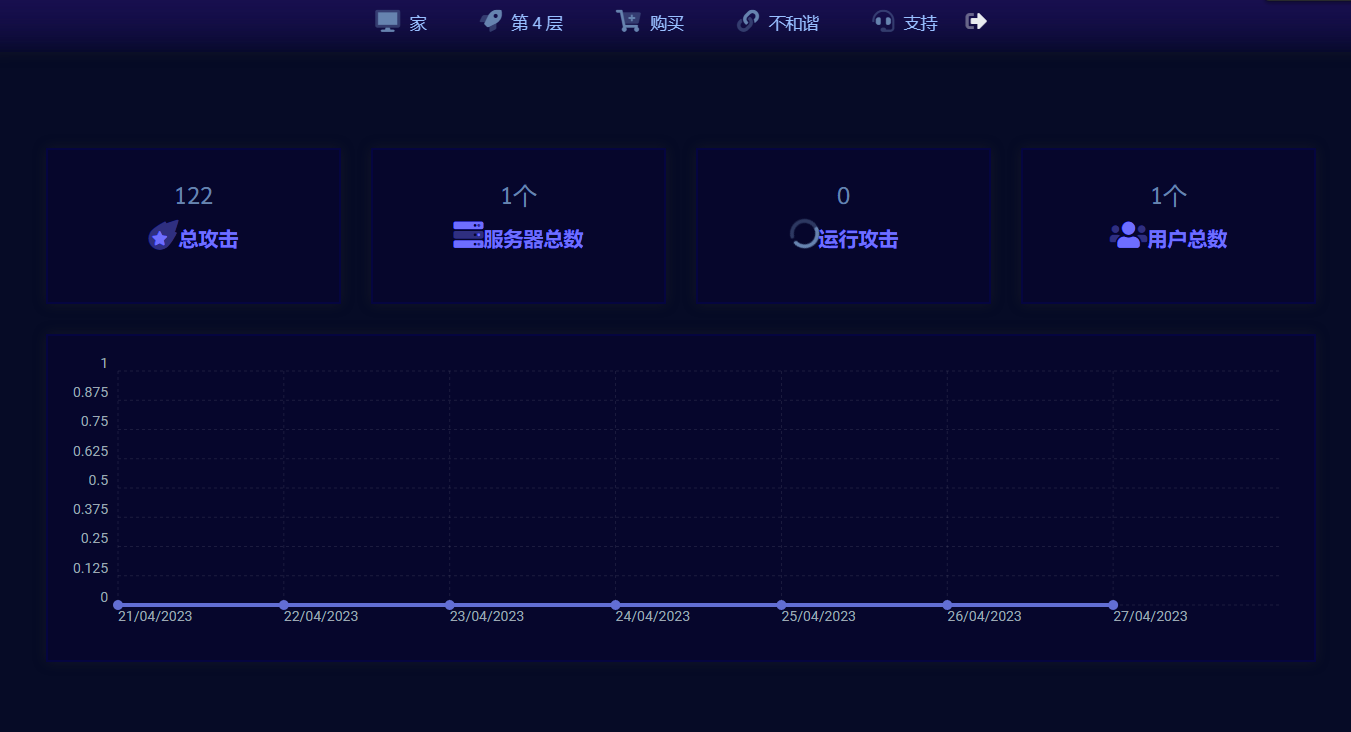开云体育,注册|The Role of Social Listening in Your Marketing Strategy
The Role of Social Listening in Your Marketing Strategy: Uncovering Customer Insights for Strategic Advantage
In today's digital age, social media platforms have become powerful tools for businesses to connect with their customers, gather valuable insights, and make informed marketing decisions. Social listening, the process of monitoring and analyzing these conversations to uncover customer sentiments, preferences, and behaviors, has emerged as a crucial component of an effective marketing strategy. This article delves into the significance of social listening and its multifaceted role in shaping your marketing efforts for optimal success.

Understanding Social Listening: A Gateway to Customer Insights
Social listening encompasses the systematic monitoring, analysis, and interpretation of online conversations, reviews, and mentions related to your brand, products, competitors, and industry trends. This practice involves listening to what customers are saying about you, your competitors, and the broader market landscape. It empowers businesses to identify key trends, shifts in customer sentiment, and emerging opportunities, enabling them to adapt their marketing strategies accordingly.
The Strategic Value of Social Listening: Driving Data-Driven Marketing Decisions
Social listening provides a wealth of data-driven insights that can inform and guide your marketing decisions, including product development, messaging, customer service, and campaign optimization. By analyzing customer feedback, preferences, and pain points, businesses can:
- Identify Market Opportunities: Social listening helps uncover unmet customer needs, emerging trends, and untapped market segments, enabling businesses to identify lucrative opportunities for product innovation and service expansion.
- Refine Product Development: By understanding customer sentiment and feedback, businesses can refine their products and services to better align with customer expectations and preferences, driving higher levels of satisfaction and loyalty.
- Optimize Marketing Messages: Social listening provides valuable insights into customer language, preferences, and pain points, allowing businesses to craft more targeted and compelling marketing messages that resonate with their target audience.
- Personalize Customer Experiences: Analyzing social data enables businesses to better understand individual customer needs and preferences, enabling them to deliver personalized and tailored experiences across all touchpoints, fostering stronger relationships and increased engagement.
- Identify Influencers and Brand Advocates: Social listening helps businesses identify influential customers, brand advocates, and micro-influencers who can amplify their marketing efforts and reach new audiences, extending the impact of their campaigns.
- Monitor Competitor Activities: By tracking competitor mentions and analyzing their strategies, businesses can gain valuable insights into their strengths, weaknesses, and customer perceptions, enabling them to differentiate their offerings and stay ahead of the competition.
Employing Social Listening for Effective Marketing: A Step-by-Step Guide
Implementing social listening as part of your marketing strategy involves several key steps:
- Define Clear Goals and Objectives: Clearly outline the specific goals you aim to achieve, such as improving customer satisfaction, increasing brand awareness, or generating leads, to guide your social listening efforts.
- Select the Right Social Listening Tools: Choose social listening tools that align with your specific needs and budget, considering factors such as data sources, sentiment analysis capabilities, and reporting features.
- Monitor Relevant Channels: Identify and monitor relevant social media platforms, online forums, and review sites where your target audience is actively engaged.

- Analyze Data and Identify Trends: Collect and analyze social data using the chosen tools, paying attention to key metrics such as sentiment, engagement, and brand mentions. Look for patterns, trends, and insights that can inform your marketing strategy.
- Draw Meaningful Conclusions: Interpret the data to extract actionable insights, such as customer preferences, pain points, and emerging trends. Use these insights to make informed decisions about your products, services, and marketing campaigns.
- Take Action and Measure Results: Implement changes based on the insights gathered, such as refining your messaging, improving customer service, or introducing new products. Continuously monitor the impact of these changes and measure the results to refine your strategy further.
Conclusion: The Power of Social Listening in Shaping Customer-Centric Marketing Strategies
Social listening has become an indispensable tool for businesses seeking to gain a deep understanding of their customers' needs, preferences, and behaviors. By incorporating social listening into your marketing strategy, you can uncover valuable insights that empower you to make informed decisions, optimize campaigns, and deliver exceptional customer experiences. As the social media landscape continues to evolve, businesses that embrace social listening will be well-positioned to stay ahead of the curve, foster stronger customer relationships, and achieve sustainable growth.
